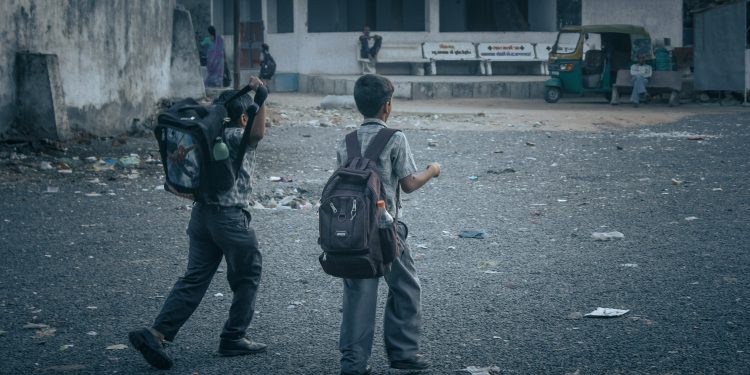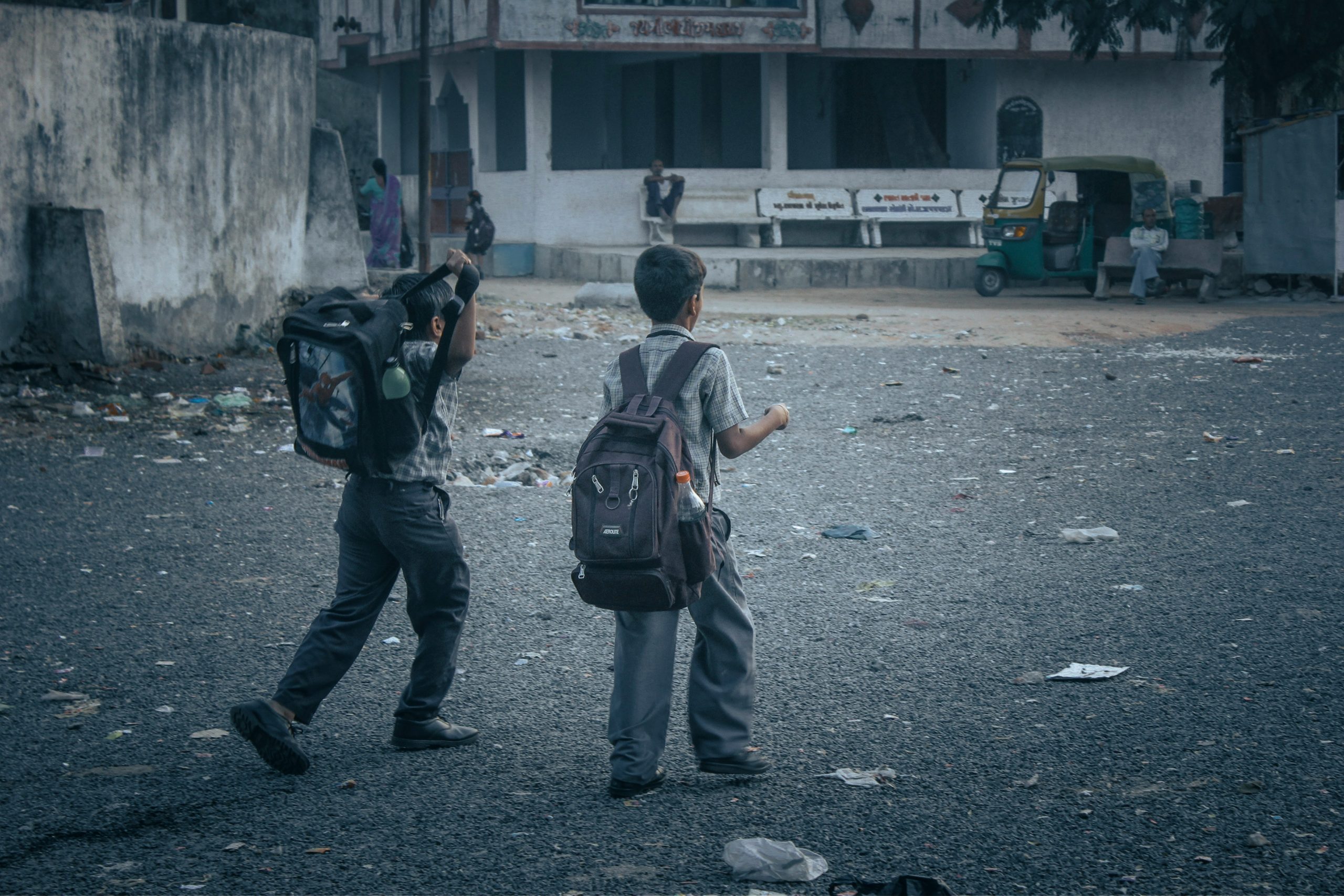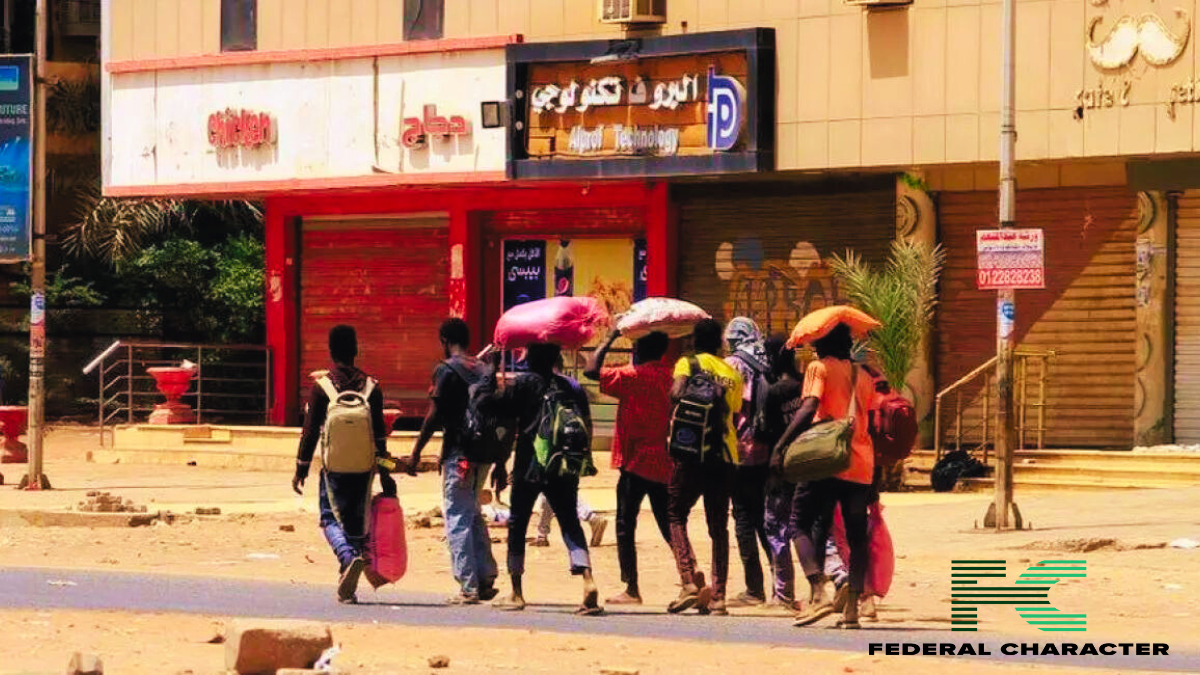At least 20 people, including five journalists, were killed when Israel bombed Nasser Hospital in the southern Gaza Strip on Monday. The shocking strike has left the media community in mourning, as reporters covering the conflict lost their lives while trying to provide updates from the ground. Palestinian health officials confirmed the deaths and identified some of the journalists among the casualties. This attack raises urgent questions about the safety of journalists in war zones and the accountability of military operations.
Journalists Killed in the Strike
Palestinian health authorities reported that Reuters contractor Hussam al-Masri was killed near a live broadcasting position on the hospital’s upper floor. Other journalists who died included Mariam Abu Dagga, a freelance reporter for the Associated Press, Mohammed Salama of Al Jazeera, Moaz Abu Taha, a freelance journalist, and Ahmed Abu Aziz. Photographer Hatem Khaled, also a Reuters contractor, was wounded. Witnesses said a second strike hit the hospital after rescue teams and journalists had rushed to the scene.
A Reuters spokesperson said: “We are devastated to learn that cameraman Hussam al-Masri, a contractor for Reuters, was killed this morning in Israeli strikes on Nasser hospital in Khan Younis in Gaza. Moaz Abu Taha, a freelance journalist whose work had been occasionally published by Reuters, was also killed, and photographer Hatem Khaled, a Reuters contractor, was wounded. We are urgently seeking more information and have asked authorities in Gaza and Israel to help us get urgent medical assistance for Hatem.”
Israel’s Response
The Israel Defense Forces (IDF) acknowledged striking the area and stated that the chief of the general staff has ordered an inquiry. “The IDF regrets any harm to uninvolved individuals and does not target journalists as such. The IDF acts to mitigate harm to uninvolved individuals as much as possible while maintaining the safety of IDF troops,” the military said.
Condemnation from Media Groups
The Palestinian Journalists Syndicate condemned the attack, describing it as “an open war against free media, with the aim of terrorising journalists and preventing them from fulfilling their professional duty of exposing its crimes to the world.” They noted that more than 240 Palestinian journalists have been killed by Israeli fire in Gaza since the war began in October 2023.
The Committee to Protect Journalists also demanded accountability, noting that 197 journalists and media workers have died during the conflict, including 189 Palestinians. The group called on the international community to hold Israel responsible for what they described as ongoing unlawful attacks on the press.
Impact on Media Coverage in Gaza
Since the start of the war, Israel has barred foreign journalists from entering Gaza. Reporting from the region has relied on Palestinian journalists who often risk their lives to cover the conflict. Reuters has frequently broadcast live feeds from Nasser Hospital, providing global audiences with firsthand accounts of the war. The sudden shutdown of the live video feed during Monday’s attack underscores the dangers faced by journalists on the ground.
Bottom Line
The attack on Nasser Hospital has left the international media community in shock and highlights the perilous conditions for journalists in conflict zones. Reporters among dead as Israel bombs Nasser Hospital is a grim reminder of the risks journalists face while pursuing the truth. Palestinian authorities, media groups, and global observers are calling for urgent investigations to ensure accountability and protect those who risk everything to report the news.


















